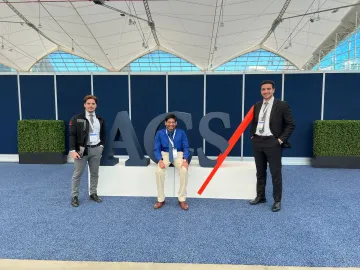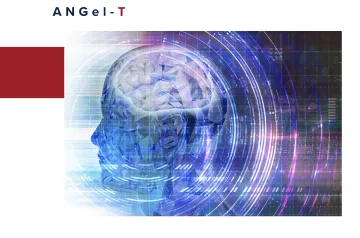The Division of Trauma, Surgical Critical Care, Burns, and Acute Care Surgery is committed to not only bringing the most up-to-date care to our patients, but also to pioneering new techniques and technologies to advance available treatment options.
Trauma Basic Science Research
Trauma Basic science research laboratory focuses on conducting fundamental research to find new therapies that can be translated for human use in traumatic injuries, major blood loss, organ, and complex tissue transplantation. In the United States, trauma is the leading cause of death in individuals younger than 45 years of age. This is in addition to $671 billion annually as the economic cost of health care and lost productivity. Our new therapies, which are currently translated for human use, help to decrease both the human toll and the economic burden of injury. Disfiguring face injuries or a limb loss are common among civilians and active-duty individuals. Treatment of these horrific injuries requires multiple surgeries that do not guarantee the restoration of appearance and function of the lost part. Part-for-part replacement is the ideal treatment. Today, this ideal treatment is limited by the fact that bad quality lost parts are essentially obtained from a deceased donor. We developed a new technology to improve the quality of the lost part in the donor (face or limb) for successful transplantation in the recipient. This will make the part-for-part replacement a common practice.
Trauma Biorepository
The 24/7 research team has been collecting blood from trauma patients on presentation to the trauma bay since February 2019. We have hundreds of samples from patients with injuries ranging from traumatic brain injury, blunt chest injuries, falls, gunshot wounds, etc. We freeze and bank plasma, serum, and DNA for future research projects. For more information about this study please contact Robin Carlson at rscarlson@arizona.edu.

International Research Fellowship
The goals of this program, in addition to research opportunities, include establishment of international relationships and for the fellow to personally observe the acute care surgery system in the United States. This fellowship will allow candidates to bring research and systems experience back to their country.

ANGel-T: Advancing Neurological Research for Traumatic Brain Injury
We invite you to explore the groundbreaking scientific study of ANGel-T, where we delve into the potential therapeutic applications of angiotensin1-7. This unique hormone has shown promise in expanding blood vessels and reducing inflammation, sparking hope for its potential role in treating neuropsychological issues stemming from moderate to severe traumatic brain injury (TBI).

